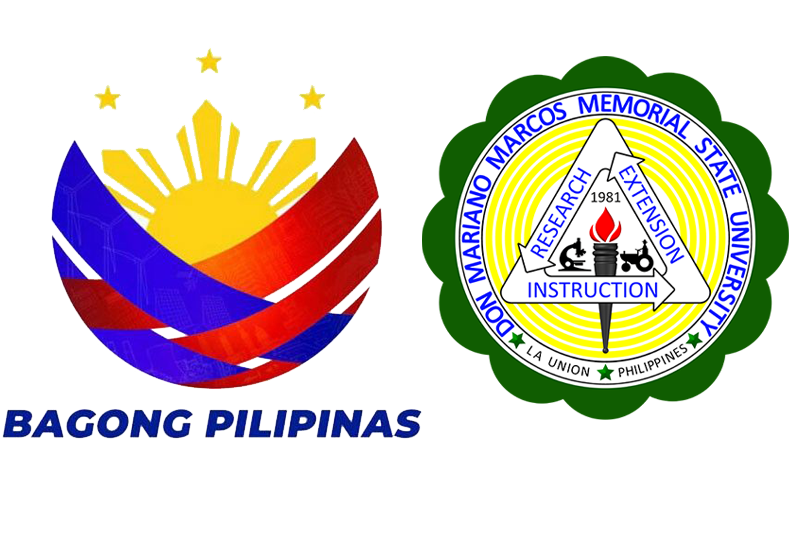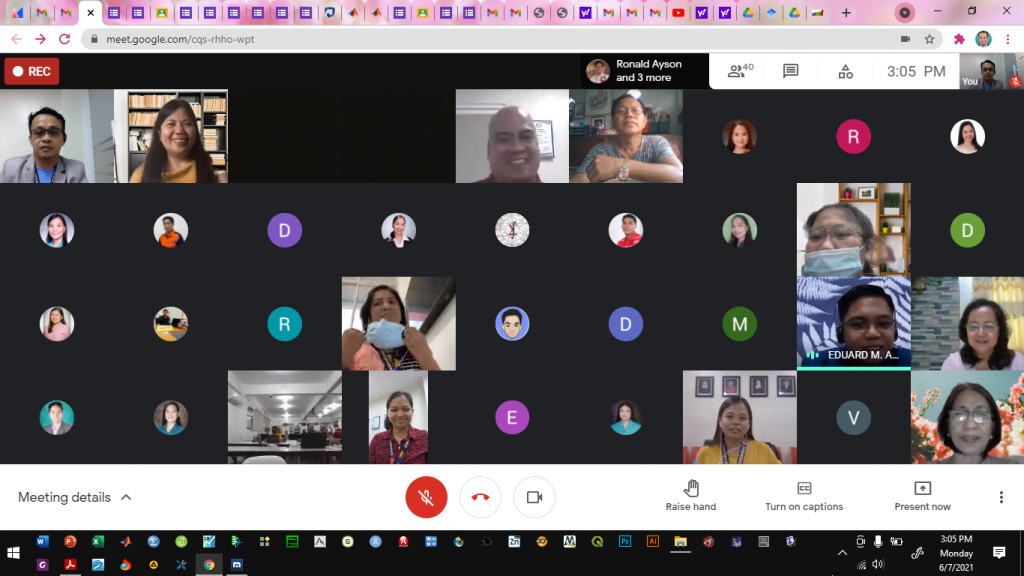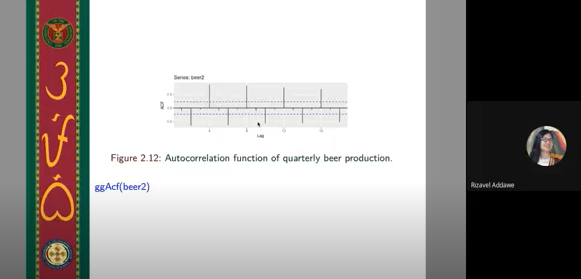The seven-day training, Technology in Teaching Advanced Mathematics, Research, and Development of Instructional Materials, and Data Science, commenced last June 7, 2021 at the different training venues of the three campuses of DMMMSU. The training is designed to help participants, the mathematics instructors of the university, enhance their knowledge in mathematics as well as in conducting mathematics research studies and in developing instructional materials, with the use of the software in mathematics namely MATLAB, GraphTeX, and LaTeX.
Dr. Raquel D. Quiambao, Dr. Delia V. Eisma, Dr. Tjaart Jan B. Estrada, Dr. Raul Sampaga, and Dr. Aloysius Aurelio spearheaded the training which is funded by the university.
During the opening program, Dr. Raquel D. Quiambao, CAS Dean, warmly welcomed the participants. “This 7-day training on Technology and Advanced Mathematics with our experts is an effective forum where our faculty members’ perspectives can be broadened and understanding and appreciation of advanced mathematics can be increased,” she said.
Dr. Delia V. Eisma, MADD Chairperson, enumerated the objectives of the training which are as follows: obtain enhanced knowledge in the areas of Foundational Mathematics, Number Theory, Graph Theory with TikZ, Linear and Non-Linear Differential Equations, Linear Programming and Operations Research, Mathematical Investigations, new trends in Mathematics Research, and Time Series Analysis; graph different functions (two variables), plane curve, parametric equations, and functions of three variables (three dimensional) using MATLAB; identify potential research problems in Mathematics; develop [a] textbook for publication and write instructional materials (IMs) and manuscripts using LaTeX; and translate and analyze data into meaningful and actionable insights.
Dr. Eduard M. Albay served as the host of the opening program. “We are optimistic that with this initiative, our pool of Mathematics experts in the university, will emerge more confident and more adept in the use of the different technologies in Mathematics. This is part of our commitment to give the best to our students in terms of instruction and research especially during these times,” Dr. Albay shared.
The speaker for the first day is Dr. Rizavel Corsino-Addawe, an associate professor of the University of the Philippines – Baguio and the chairperson of the Department of Mathematics and Computer Science of the College of Science in the said university. Her lecture is on Time Series Analysis using R.
Dr. Rizavel Addawe introduced the software R statistics for analyzing data. Dr. Addawe’s talk focused on the time series forecasting model – Auto Regressive Integrated Moving Average or ARIMA. The lecturer demonstrated the use of R as statistical computing and graphics for the ARIMA model.
“Hindi lang naman kasi actual na numero ang titignan ng mga nagbabasa (referring to journal reviewers). They also look at the methods, so importante din na maganda ang pagkasulat mo ng methods kahit hindi na applicable yun actual na numero na nakikita nila, kasi yung behavior pa lang ng series mo and how you have captured the behavior using models or ARIMA models is a good contribution na, maraming nagmomodel, nag ARIMA, pero hindi maganda yun pagkaka-discuss nila ng methods”, she shared when asked about the publication of researches in this field of inquiry.
She reiterated that if the participants would like to publish using ARIMA methods, they should focus on the methodology. She also advised the participants to not use local terms like ‘barangay’ but instead give a description of the barangay so that the readers will see the relevance of the data and they [the readers] can compare it to their locations.
“Kahit matagal na matagal ang paglabas ng paper mo, ibig sabihin dumaan yan sa isang review and don’t be discouraged kung matagal kasi ibig sabihin pinagtuunan nila ng pansin. Actually I, would appreciate a longer review of these papers…” she said to encourage everyone to be patient on the review process of research journals and to caution everyone regarding predatory journals.
Prof. Ronald L. Aquino was the moderator for the Day 1 lecture and workshop session. The training was done via google meet. There are 64 participants in total from the different campuses of the university. The training will continue until June 15 with an invited speaker per lecture session.


